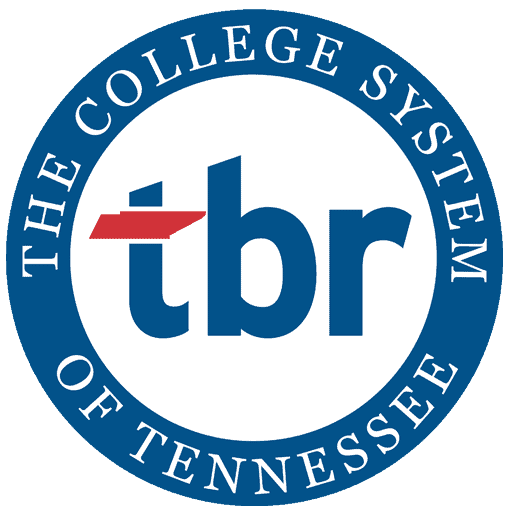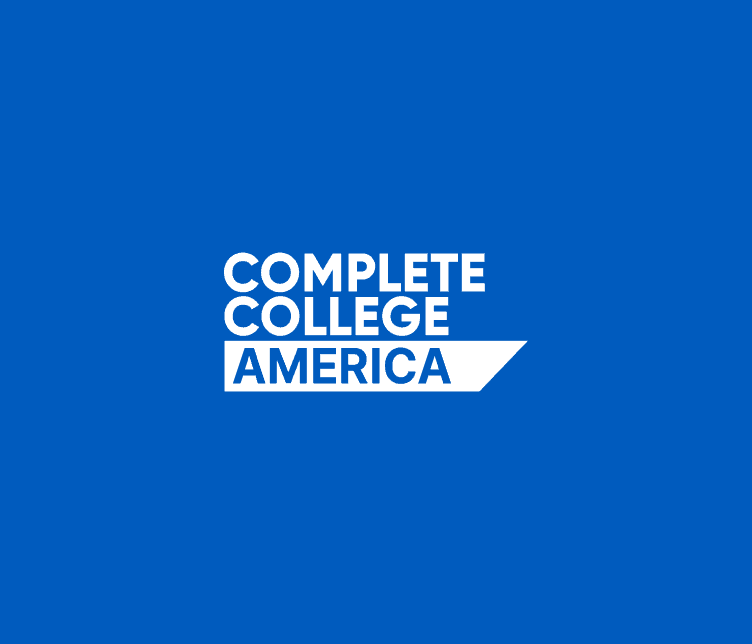Just-in-Time Academic Support
Corequisite support provides targeted support through companion courses, extended instruction time, or tutoring aligned with college-level coursework, dramatically increasing gateway course completion within one academic year compared to traditional prerequisite sequences.
Completion Barriers
Traditional developmental sequences create significant obstacles to student progression
Low Success
Longer developmental sequences reduce likelihood of completing gateway courses
Academic Success Gaps
Prerequisite models disproportionately impact students from historically marginalized groups

Proof Points
Co-requisite models dramatically increase gateway course completion rates while reducing equity gaps through immediate access to college-level content with appropriate support.
- CUNY pilot showed college math completion jumping from 12% to 61% and English from 31% to 64%
- Georgia switched from 21% completion in remediation to 71% in college English and 63% in math
- Texas RCT found 24 percentage point increase in completing college-level English within one year
- Tennessee system-wide implementation achieved math completion increase from 12% to 61%
The Tennessee Board of Regents became first state to mandate corequisite implementation across all 13 community colleges in Fall 2015. System-wide results show math completion rates jumped from 12% to 61% and English from 31% to 64%, with historically excluded student population success in math improving dramatically from 6.7% to 42.6%.

Tennessee Board of Regents
Benefits
Corequisite support eliminates traditional barriers while providing students immediate access to college-level learning with targeted assistance, leading to improved completion rates and reduced equity gaps.
Faster Progress
Direct entry into college-level courses accelerates time to graduation
Higher Success
Dramatically improved gateway course completion rates across all populations
academic achievement Gains
Significant reduction in achievement gaps for historically underserved students
Related News
-
Learn More: Complete College America Awards Visionary Higher Education Policymaker with Top Honor
Complete College America Awards Visionary Higher Education Policymaker with Top Honor
Dr. Tristan Denley recognized by higher education reform nonprofit for transformational impact on student success and college completion
Related Resources
-
Learn More: The Coreq Game
The Coreq Game
Back to CCA Games Videos, Resources, and Downloads It’s your first semester, and you have […]
-
Learn More: The College Student Success Game
The College Student Success Game
Back to CCA Games Videos, Resources, and Downloads Take on the role of a student […]
Explore Our Work
We are shifting policy at the state and federal level, changing perspectives among educators and administrators, and implementing proven strategies across hundreds of campuses.





